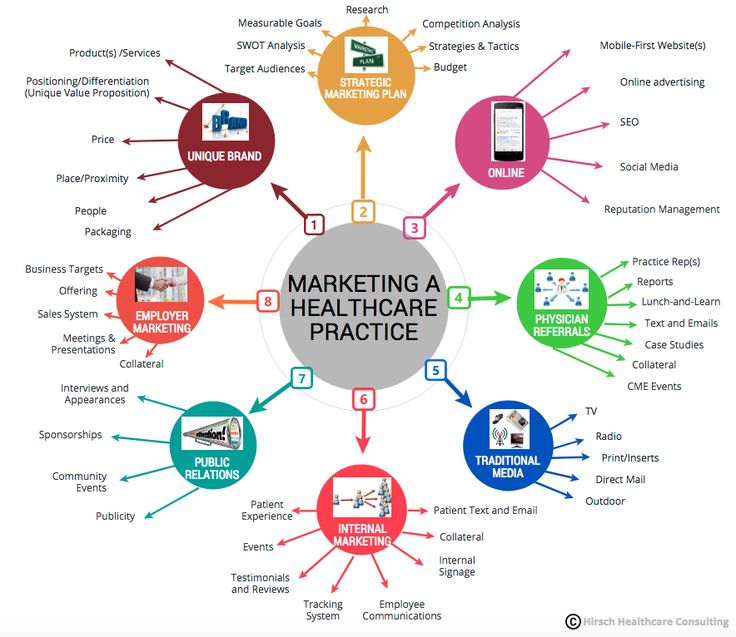
In today’s digital age, social media has become an integral part of how businesses interact with customers. Social Customer Relationship Management (CRM) is a strategy that leverages social media platforms to engage with customers, build relationships, and drive business growth. This article explores the concept of Social CRM and how businesses can effectively engage customers across digital platforms.
Understanding Social CRM
Social CRM is the integration of social media channels and CRM systems to manage customer interactions and relationships effectively. It involves monitoring social media platforms such as Facebook, Twitter, Instagram, LinkedIn, and others to gather insights, engage with customers, and provide personalized experiences. Social CRM enables businesses to listen to customer feedback, respond to inquiries, resolve issues, and deliver value-added content, fostering loyalty and advocacy.
Strategies for Social CRM
1. Social Listening
Social CRM begins with listening to what customers are saying about your brand, products, and industry on social media. By monitoring mentions, hashtags, and keywords related to your business, you can gain valuable insights into customer sentiment, preferences, and trends. This enables you to identify opportunities for engagement, address concerns proactively, and tailor your messaging to resonate with your audience.
2. Proactive Engagement
Social CRM is about more than just responding to customer inquiries and complaints—it’s about being proactive in engaging with your audience. This includes sharing relevant content, participating in conversations, and offering valuable insights and advice. By providing value-added content and engaging with customers authentically, you can build trust, credibility, and loyalty over time.
3. Personalized Communication
Social CRM enables businesses to personalize communication with customers based on their interests, preferences, and behaviors. By leveraging customer data from CRM systems and social media platforms, businesses can deliver targeted messaging, offers, and recommendations that resonate with individual customers. This enhances the customer experience and increases the likelihood of conversion and retention.
4. Integrated Support
Social CRM allows businesses to provide seamless support to customers across social media channels. By integrating social media monitoring tools with CRM systems, businesses can track customer inquiries, route them to the appropriate teams, and ensure timely resolution. This enables businesses to deliver consistent and personalized support experiences, enhancing customer satisfaction and loyalty.
5. Measurement and Analysis
Social CRM involves measuring and analyzing key metrics to track the effectiveness of social media efforts and identify areas for improvement. By monitoring metrics such as engagement rates, sentiment scores, and conversion rates, businesses can assess the impact of their social CRM initiatives and optimize their strategies accordingly. This enables businesses to continuously refine their approach and drive better results over time.
Case Studies
Company A: Increased Brand Awareness by 30%
By implementing a Social CRM strategy focused on proactive engagement and personalized communication, Company A increased its brand awareness by 30% within six months. By sharing valuable content, responding to customer inquiries, and participating in relevant conversations, the company strengthened its presence on social media and built a loyal following.
Company B: Improved Customer Satisfaction Scores by 25%
By integrating social media monitoring tools with its CRM system, Company B improved its ability to provide timely and personalized support to customers across digital platforms. This led to a 25% increase in customer satisfaction scores as customers appreciated the responsiveness and effectiveness of the company’s social CRM efforts.
Conclusion
Social CRM is a powerful strategy for businesses looking to engage customers across digital platforms and build lasting relationships. By listening to customer feedback, being proactive in engagement, personalizing communication, providing integrated support, and measuring results, businesses can leverage social media to enhance the customer experience and drive business growth.
Investing in Social CRM is essential for businesses looking to stay competitive and relevant in today’s digital landscape. By embracing social media as a channel for customer engagement and relationship-building, businesses can create meaningful connections with their audience and position themselves for long-term success.

